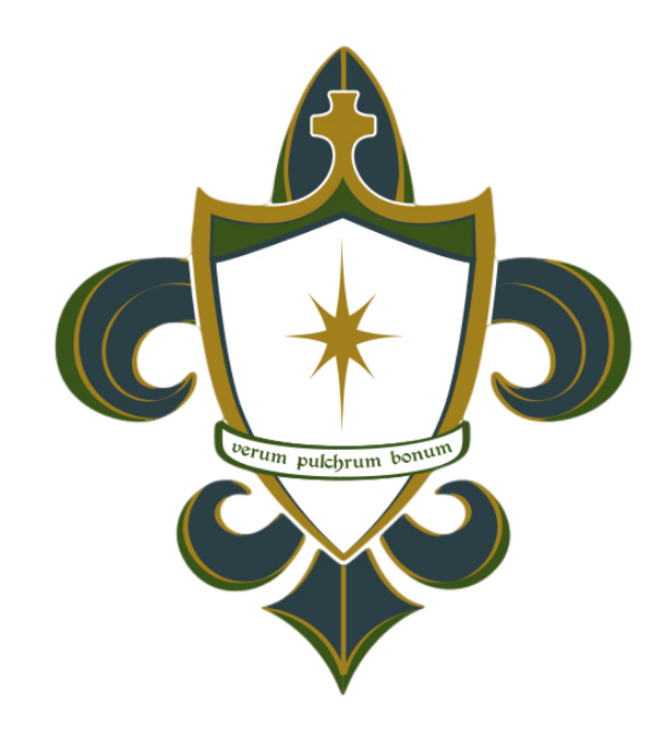
In Theory
Classical Education“Classical education is also often referred to as liberal education. The ‘liberal’ in liberal education does not, of course, refer to a particular political party; rather reference is made to an educational focus which insists that the primary purpose of education is to free human beings from slavery to the mundane.”
Classical education seeks to recover what has been largely lost; that is, return to the original purpose of education. Rather than the modern pragmatic approach of training students for college and/or a career, the classical approach sees the purpose of education as forming human beings for excellent, virtuous living.
The Lost Tools of Learning was written in 1947 by Dorothy Sayers and is often credited with the modern resurgence of classical education. In this essay, Sayers presents the Trivium‘s Grammar, Logic, and Rhetoric as natural stages of learning rather than subjects in and of themselves. Therefore, students start with learning the grammar of all subjects, and classes focus on memorizing vast amounts of information through drill, chant, song, and recitation. The logic stage gives students a chance to sort out this information, or assimilate the facts into a unified, organic whole, as they begin to wonder why, how, and how come? With a natural disposition to argue, classes focus on debate, analysis, testing, and explanation across all disciplines. Finally, students become naturally more concerned with how they are coming across, so classes in the rhetoric stage emphasize presentation and polish, writing and speaking beautifully and persuasively. In short, students progress from remembering the truth to synthesizing the truth to persuasively sharing the truth, all the while stretching their capacity to live in conformity with the truth. Although these stages tend to be broken into specific grade levels, they also naturally flow throughout all grade levels.
Classical education seeks to educate students in a way that goes beyond departmentalization, test preparation, and “self expression”. It strives to lead students to discover knowledge that is ordered, coherent, integrated, and is rooted in the wisdom of the past, particularly in western civilization. The study of Latin, Art, and Music is integral to classical formation. By soaking in the best that has ever been thought, written, spoken, painted, created, composed, or performed, whether or not it has fallen out of favor with modernity, a love for all things true, beautiful, and good is cultivated. Classical educators stir up in their students wonder and awe at the beauty of the universe and the goodness of heroic virtue, which propels their natural curiosity into lifelong self-motivated learning and mastering the art of living well.
The fruit of this education is abundant! We have communities rejoicing in the Truth and students prepared for 21st century leadership and innovation grounded in the wisdom of the past. As it turns out, this non-pragmatic approach is quite practical!
The more you learn how beautiful Classical Education truly is, the more excited you are to go deeper in seeking liberation from the mundane.
See our resources page to learn more.
